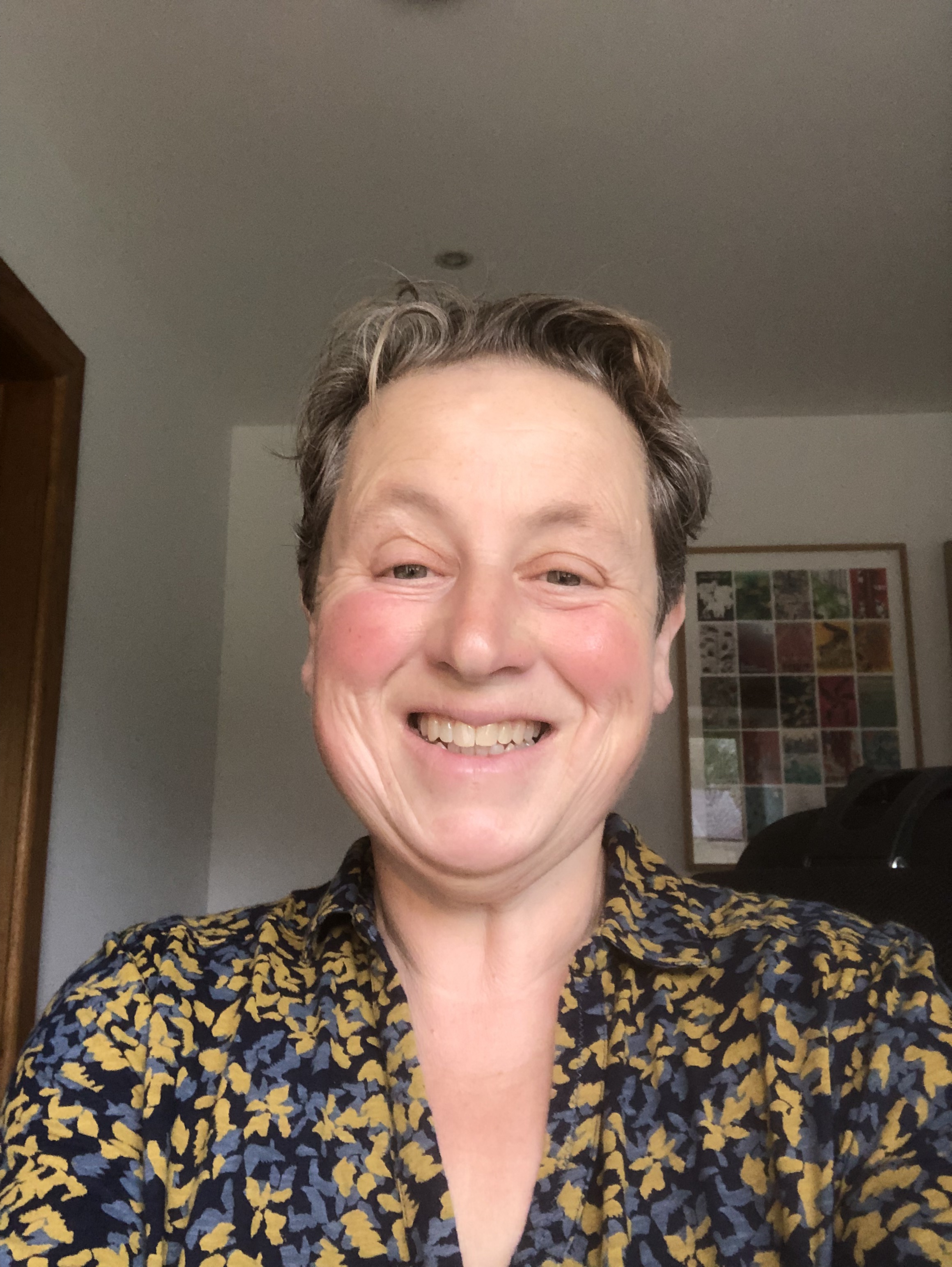
Hello! I’m Emma Thomas. I’m in my mid-fifties, I used to be a secondary school teacher and now I garden full time. When I was 11, my father told me that he was a transsexual and ‘came out’ to me, dressed in women’s clothes. For complicated reasons (mostly because my mother was very ill), I lived alone with him while he transitioned, until I left home at 18. He took hormones, had extensive electrolysis and an operation which had some complications. He had a lot of trans friends over to stay, including a sex worker he had an intense relationship with and some who used me as ‘cover’ to help them pass. I think the idea was that if they were seen on the street with a kid then people wouldn’t look too closely at the hair and make up. It’s difficult to recall how well this worked, but we weren’t confronted at all. The British can be very polite. This was over 40 years ago, and I have had a number of encounters with transsexuality and transgenderism since then.
I set up this site to explore the experience of being a child of a transitioner, and I am interested in hearing other people’s experiences of this. When I started this site, I wanted to talk about the emotional impact of what happens to us and talk about common patterns we experience. More recently, I have been joined by people who want to campaign more for the welfare of children of transitioners and this has become a major focus. We’re unfunded and completely grassroots. However, we have been able to take our concerns to the House of Lords and MPs. I have spoken at Genspect and am a member of the Killarney Group think tank. You’ll find the voices of various different contributors on this site. The reason that you see my face and voice a lot in appearances is because I’m currently the only member of the group who doesn’t need to remain anonymous. Please remember that in your schools and workplaces you may have come across a child of a transitioner who stays silent to protect themselves and their families.
A note on language
When I was younger I was very careful about the language I used in describing my father, but I’ve since had a feminist realisation about the importance of accurate language. I rarely speak to my father these days, so how I address him doesn’t really come up. It’s not that we hate each other; he’s a pretty self-involved character and isn’t interested in having a relationship with me. I’ve come to terms with that (some Buddhist courses and reading about narcissism helped!). So I use ‘he/him’ and call him my father. Your language may be different. My intention isn’t to be mean or disrespectful to my father; it’s more that I want to be as truthful as possible. I don’t believe that my father actually became a woman through hormones and surgery, although I tried very hard to be accepting of his condition.